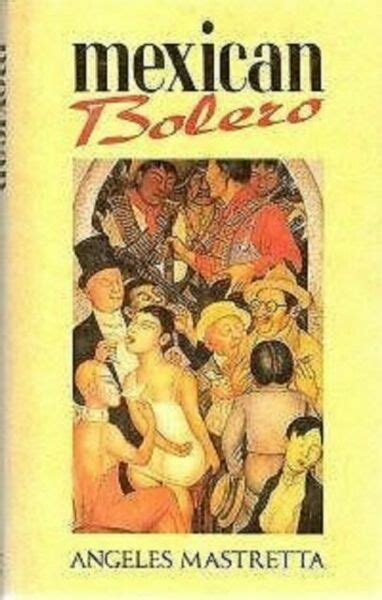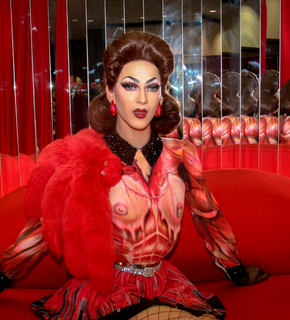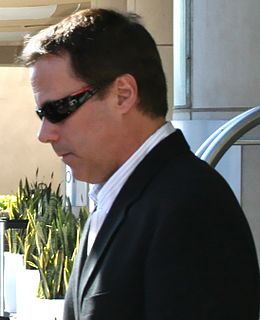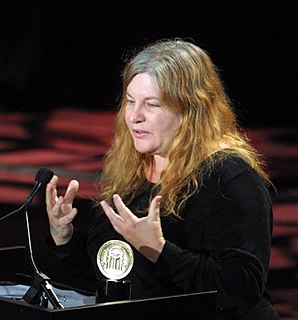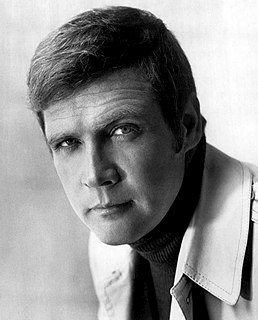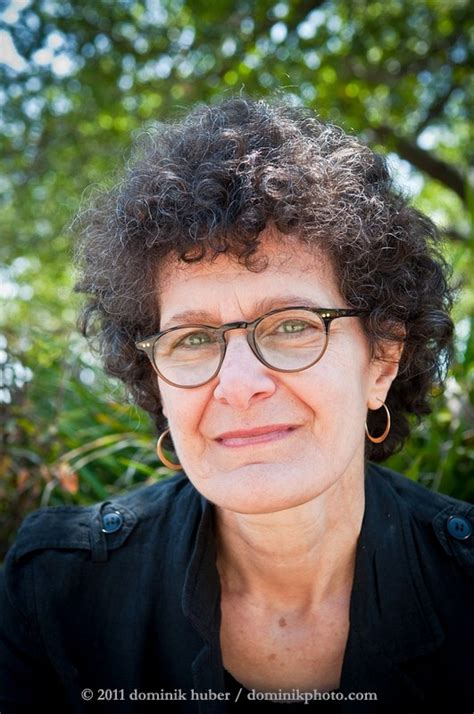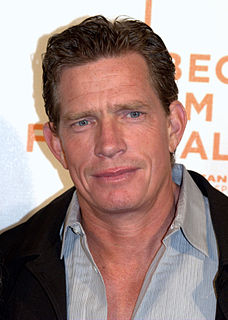A Quote by Angeles Mastretta
We, in the late '60s, '70s and '80s, are acting like we have just discovered freedom and liberation. But I'm sure that many women have worked for that for such a long time.
Quote Topics
Related Quotes
When I began writing poems, it was in the late 60s and early 70s when the literary and cultural atmosphere was very much affected by what was going on in the world, which was, in succession, the civil rights movement, the antiwar movement, and the women's movement in the 60s, 70s, and into the early 80s. And all of those things affected me and affected my thinking, particularly the Vietnam War.
By the time [of modern] generation was coming of age sexually, there was already this idea of safe sex. But that didn't exist for me. I came out of the free-swinging '60s and '70s. It was free love, baby. That was it. We had very liberal sex-ed classes in 1973, a yearlong environmental science class, and then Women's Lib and Gay Liberation. So it's insane to go from that to Reagan and AIDS. It was like, "What happened? Where's my future?"
I would go into my three different sisters' rooms in the early-mid '70s and they had very specific different tastes in music. I specifically remember lying on my different sisters' bedroom floors and listening to their record collections. And "Starship Trooper" was one of my sister Nancy's favorite songs and favorite album. Music is so defining for me. In the late '70s and early '80s, I worked in radio. When I was in high school, I worked at two different radio stations.
